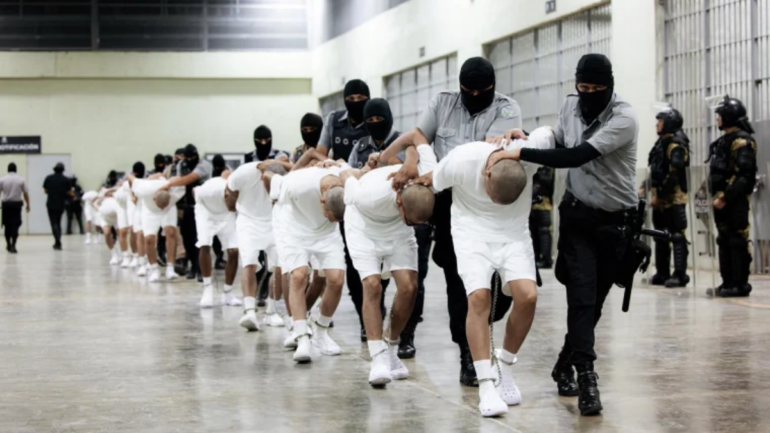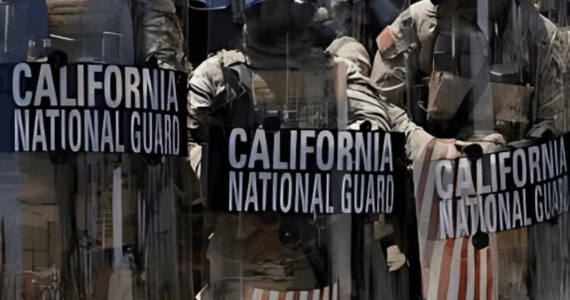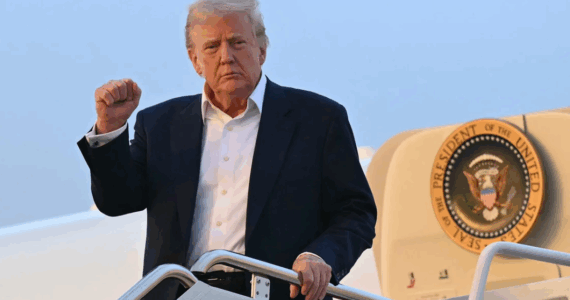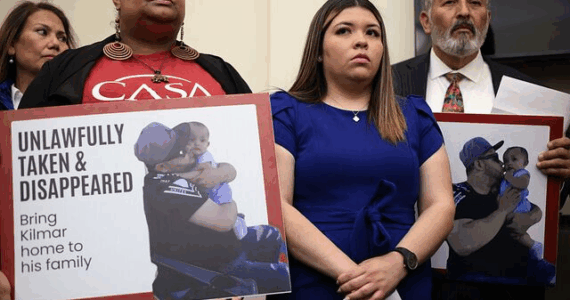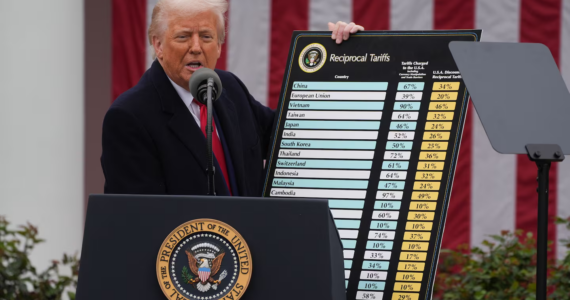Recently, a major legal and political conflict has erupted between President Trump, a federal judge, and the deportation of Venezuelan immigrants. The controversy centers around the use of an old law, the justification for deportations, and the role of the courts in immigration enforcement. Let’s break it down in simple terms.
What Was the Issue?
The Trump administration sought to deport a group of Venezuelan immigrants, claiming they were members of the Tren de Aragua, a notorious gang. To justify the deportations, officials invoked the Alien Enemies Act, a law from 1798 that allows the government to remove people from countries with which the U.S. is at war.
However, Venezuela and the U.S. are not at war, and legal experts questioned whether the act could even be used in this case. Many argued that this was a misuse of the law, designed to bypass standard immigration procedures.
What Did the Judge Rule and Why?
Federal Judge James E. Boasberg reviewed the case and issued an order to temporarily halt the deportations. He wanted to ensure that the individuals had a fair chance to present their cases in court before being removed.
The judge specifically questioned whether the Alien Enemies Act applied, considering there was no official war between the U.S. and Venezuela. His ruling highlighted the importance of due process and ensuring that people facing deportation have the right to legal proceedings before being forced out of the country.
What Happened Next?
Despite the judge’s order, the Trump administration went ahead with the deportations anyway. Officials claimed that since the flights were already in motion, the court had no jurisdiction to stop them.
This decision sparked concerns about the balance of power between the executive branch (the President) and the judiciary (the courts). It raised questions about whether the administration was ignoring court orders and overstepping legal boundaries.
What’s Next?
The situation has triggered a larger legal debate over the proper use of the Alien Enemies Act and the extent of presidential authority in immigration matters.
Civil rights organizations and legal experts are closely watching this case because its outcome could set a major precedent for future immigration policies and the separation of powers in the U.S. government.
Alleged Gang Membership: Fact or Fiction?
The administration claimed that the deported individuals were members of the Tren de Aragua, a violent Venezuelan gang. However, evidence supporting these allegations is limited.
For example, Franco Caraballo, one of the deportees, was accused of being a gang member simply because of his tattoos, despite no actual proof of involvement in criminal activity.
Many Venezuelans deported in this operation had no known gang ties but were still grouped into mass deportations.
Criminal Records: Who Was Deported?
Many of the deported Venezuelans had no criminal records in the United States. Immigration and Customs Enforcement (ICE) admitted that many had never committed crimes but were deported anyway.
Additionally, Venezuelan authorities stated that out of the first 190 deportees, only 17 had criminal records in Venezuela. That means the vast majority were deported without any known history of crime.
Legal Status in the U.S.: What Rights Did They Have?
The legal status of those deported varied:
- Some were asylum seekers awaiting hearings.
- Others had pending immigration cases.
- Many had no chance to present their case before being deported.
The sudden deportations without prior notice led to concerns about due process violations and whether the individuals received fair treatment under U.S. immigration law.
Why This Matters
This dispute highlights the complexities of immigration law and the importance of legal checks and balances in government. The Trump administration’s decision to move forward with deportations despite a judge’s order has sparked debate over executive power, legal protections, and human rights.
With legal battles ahead, the question remains: Will courts step in to limit presidential power in deportation cases, or will the administration continue enforcing mass removals without judicial oversight?
What are your thoughts on this developing issue? Let’s discuss in the comments!
Follow MEFeater on Twitter, Instagram, Facebook, and Pinterest for more breaking news and updates.


